Trever1t
Been spending a lot of time on here!
- Joined
- Dec 30, 2010
- Messages
- 9,331
- Reaction score
- 2,722
- Location
- San Jose, CA
- Website
- wsgphotography.com
- Can others edit my Photos
- Photos NOT OK to edit
Yes, but Missions - Mars Science Laboratory - NASA Science is taking place in August and I had a part in it's developement and design...a very small part mind you but now, honestly I can claim fame as a Rocket Scientist and answer any and all questions!
 I helped Ames Research design and coat 2 small collection units for the rover. Just doing my part for good 'ol science!
I helped Ames Research design and coat 2 small collection units for the rover. Just doing my part for good 'ol science!


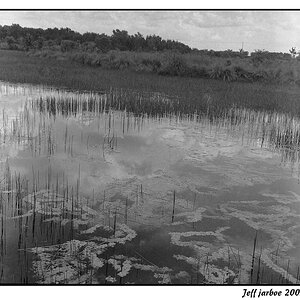
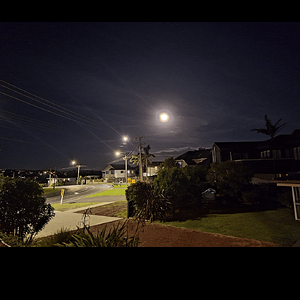
![[No title]](/data/xfmg/thumbnail/37/37606-3c9ffb5906173fa2aa489341967e1468.jpg?1619738148)
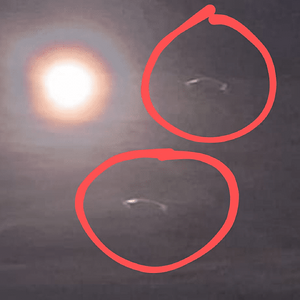
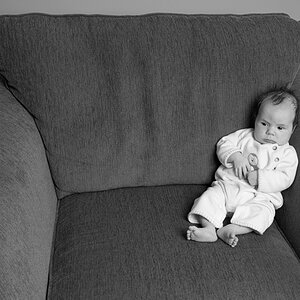
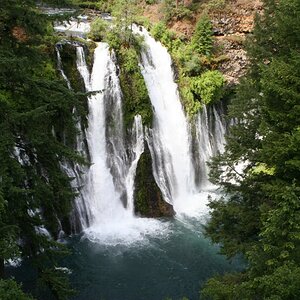
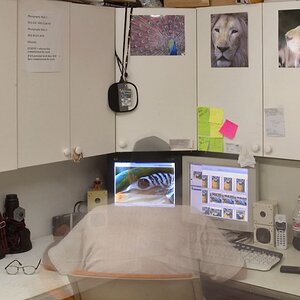
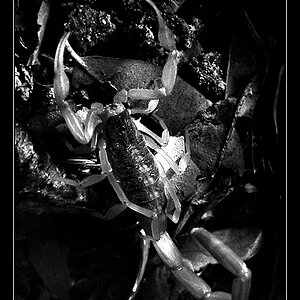
![[No title]](/data/xfmg/thumbnail/39/39290-dfb3e819bd94a7f30797638ae1ae27cf.jpg?1619738958)
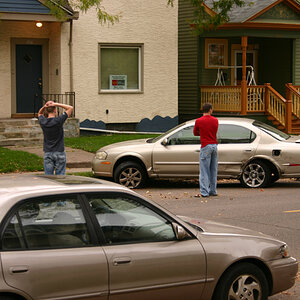
![[No title]](/data/xfmg/thumbnail/39/39292-4169a355b794ae9735845c4ad45d06ff.jpg?1619738958)
